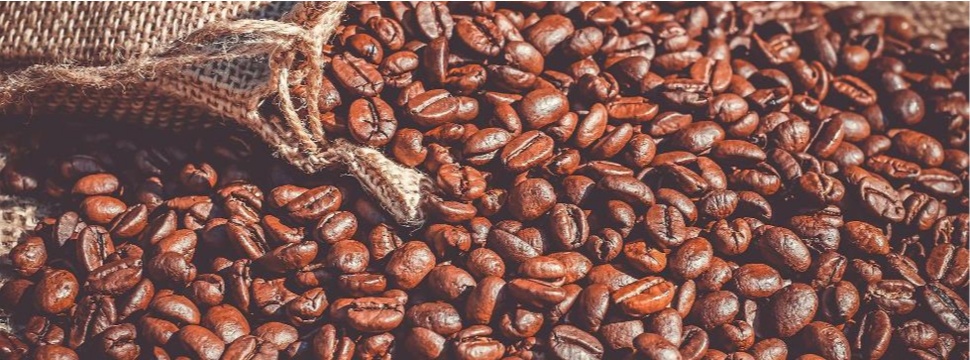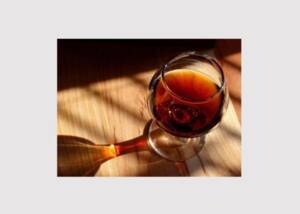Coffee - an 'intoxicating' and 'unchristian' drink
News News blog
Alongside water and tea, coffee is one of the three most consumed beverages in the world and has become an indispensable part of many people's everyday lives.
In 2015, statistically every German drank 129.2 liters of coffee per day. But among the top 5 coffee-drinking countries, by the way, there are none of the countries that produce coffee.

How did coffee become so popular in non-producing countries?
In 1454, the Mufti of Yemen visited what is now Ethiopia and saw his countrymen drinking coffee. He was impressed by the drink and its effects. With his explicit approval, coffee became a popular drink among the religious leaders of Yemen, who used coffee in religious ceremonies.
In Mecca, coffee eventually evolved from a religious drink to a trendy beverage through the establishment of coffee houses.
But coffee has always sparked controversy. The reason was that the pulp of the bean can also be used to make alcohol - and the Koran forbids the consumption of alcohol and other intoxicants. Some Muslims therefore saw coffee as an intoxicant, while others argued that coffee merely had a stimulating effect but was not an intoxicant. To cut a long story short, the coffee lovers won this dispute.
Venetian traders finally introduced coffee to Europe in 1615, but controversy now arose in Italy as well. Some clerics wanted to ban coffee because they considered it a drink of the devil. But here Pope Clement VIII, who was a great coffee lover, now intervened. He declared that coffee should be baptized to become a true Christian drink.
And so, in 1683, the first coffee house opened in Venice, and in the course of the 17th and 18th centuries, coffee houses established themselves all over Europe. Coffee began its triumphal march around the world.










